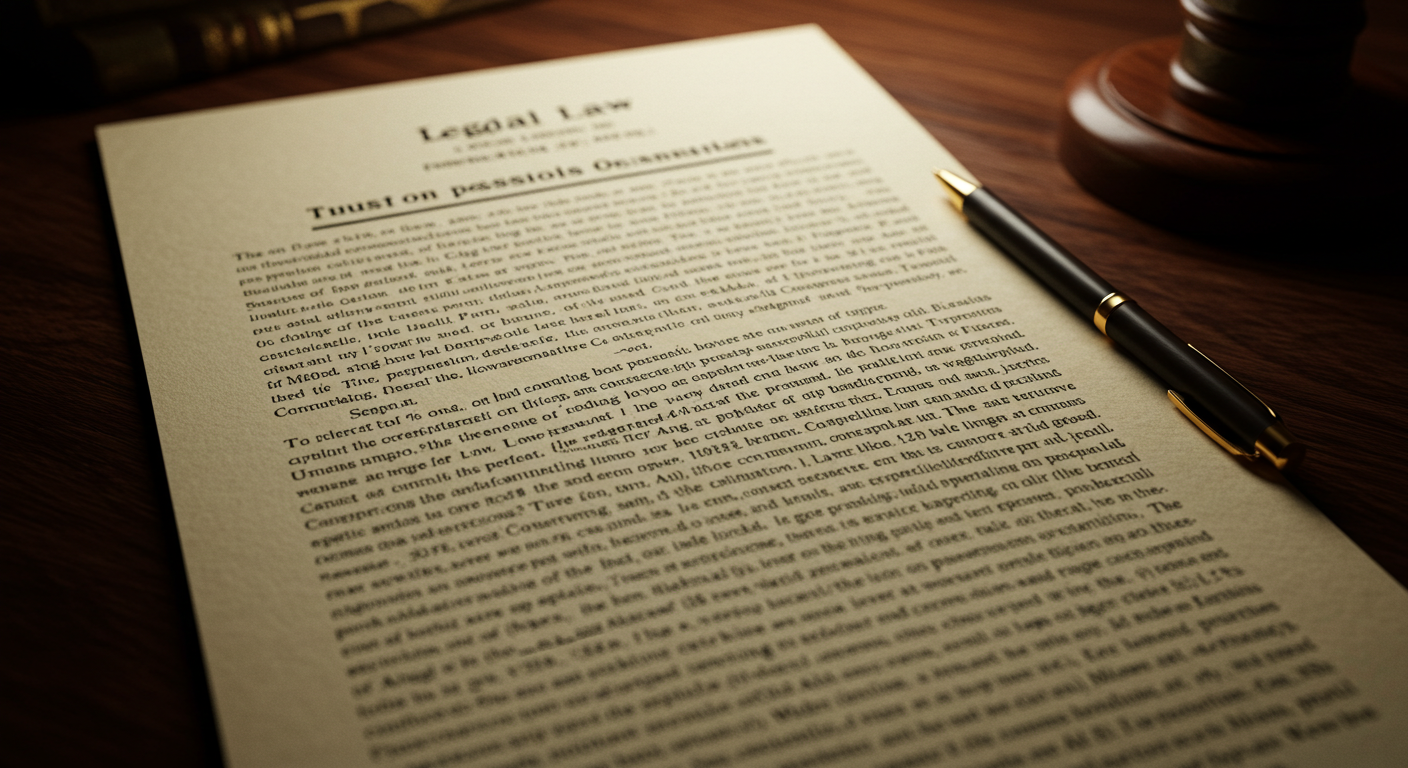Possession of Cannabis in England | Understanding the Law

Possession of Cannabis in England | Understanding the Law
The possession of cannabis in England is a legal matter with far-reaching implications, particularly for first-time offenders.
The Law on Possession of Cannabis

The legal framework governing the possession of cannabis in England is primarily outlined in the Misuse of Drugs Act 1971. According to this law, cannabis is classified as a Class B drug, and its possession is illegal. The Act divides cannabis offences into two main categories:
- Simple Possession for Personal Use: This involves individuals who are found with cannabis for personal consumption, typically in small quantities. While considered a less serious offence, it is still illegal.
- Possession with Intent to Supply: This category pertains to individuals found in possession of larger quantities of cannabis, which suggests an intent to distribute or sell the drug. This is viewed as a more serious offence and carries more severe penalties.
Potential Defences
When facing charges of cannabis possession in England, individuals may explore various defences based on the specific circumstances of their case. Here are some common defences to consider:
- Lack of Knowledge: A valid defence can be built on the argument that the individual was unaware of the presence of cannabis. This defence may apply in situations where someone borrowed an item of clothing or a bag containing cannabis without knowing its contents.
- Unlawful Search and Seizure: If the evidence was obtained through an illegal search or seizure, it can be challenged in court. For instance, if the police did not follow proper procedures or lacked a valid reason to conduct a search, the evidence may be deemed inadmissible.
- Prescription Medication: Individuals with a legitimate prescription for a cannabinoid-based medication may use this as a defence. It is essential to ensure that the prescription is up-to-date and valid.
- Duress or Necessity: In rare cases, individuals may argue that they possessed cannabis under duress (being forced) or out of necessity (to prevent harm). These defences are complex and require legal expertise to establish effectively.
Consequences of a Cannabis Possession Conviction

A conviction for cannabis possession can have significant and long-lasting consequences, even for first-time offenders. These consequences may include:
- Criminal Record: A cannabis possession conviction results in a criminal record, which can adversely affect future employment prospects, travel opportunities, and various aspects of daily life.
- Fines: The court may impose fines on those found guilty of cannabis possession, the severity of which can vary depending on the circumstances of the offence.
- Community Orders: Instead of imprisonment, individuals may receive community orders, which involve performing specific tasks or attending rehabilitation programs as part of their sentence.
- Driver’s License Revocation: Convictions for drug-related offences, including cannabis possession, can lead to the revocation of an individual’s driver’s license, significantly impacting their mobility.
- Prison Sentence: In more serious cases, individuals may face imprisonment, especially if they are found guilty of possession with intent to supply. Prison sentences can be highly disruptive to one’s life and future prospects.
Why You Should Seek Legal Advice
For individuals facing cannabis possession charges in England, seeking legal advice from a qualified solicitor is of utmost importance for several compelling reasons:
- Understanding Your Rights: A seasoned solicitor can explain your rights, ensuring that you are fully aware of your legal options and potential defences.
- Navigating the Legal Process: Legal professionals can guide you through the intricacies of the legal process, helping you comprehend the charges against you and the potential outcomes of your case.
- Building a Strong Defence: An experienced solicitor can meticulously assess the circumstances of your case, identify potential defences, and craft a robust legal strategy tailored to your unique situation.
- Negotiating with Prosecutors: Solicitors have the skills and expertise to negotiate with prosecutors on your behalf. They may seek reduced charges or penalties, potentially leading to a more favourable resolution.
- Minimising Consequences: Seeking legal advice is essential for minimising the legal and personal consequences of a cannabis possession conviction. This includes safeguarding your reputation and future prospects to the best extent possible.
Conclusion: Navigating the Possession of Cannabis in England

Facing charges for cannabis possession in England, especially as a first-time offender, can be a daunting experience. It is crucial to delve into the nuances of the law, explore potential defences, and fully grasp the potential consequences of a conviction.
Equally important is the timely pursuit of legal advice from qualified solicitors who possess the expertise to guide you, protect your rights, and work diligently to secure the best possible outcome for your case.
Remember, legal professionals are there to advocate for you during challenging times, ensuring that your interests are safeguarded throughout the complex legal process.
Notice: Informational Content Disclaimer
The content provided on this website, including articles, blog posts, and other informational materials, is intended for general informational purposes only. It is not intended as, and should not be considered, legal advice.
Visitors to this website should be aware that the information presented here is not a substitute for seeking legal advice from a qualified solicitor or legal professional. Each individual's legal situation is unique, and the information provided may not be applicable to specific circumstances.
If you require legal advice or have specific legal questions, we encourage you to contact us directly. Our experienced team of solicitors is here to assist you with your legal needs and provide tailored advice to address your concerns.
Please be advised that any communication through this website, including the use of contact forms or email, does not create a solicitor-client relationship. Confidential or time-sensitive information should not be sent through this website. To establish a solicitor-client relationship and discuss your legal matters in detail, please contact us for a consultation.
We strive to provide accurate and up-to-date information, but we make no representations or warranties regarding the accuracy, completeness, or suitability of the information contained on this website. We shall not be liable for any reliance placed on the information provided herein.
Thank you for visiting our website. We look forward to the opportunity to assist you with your legal needs.




